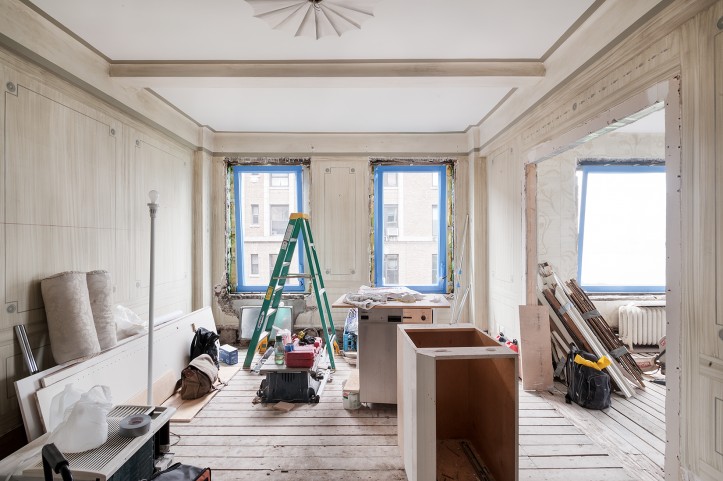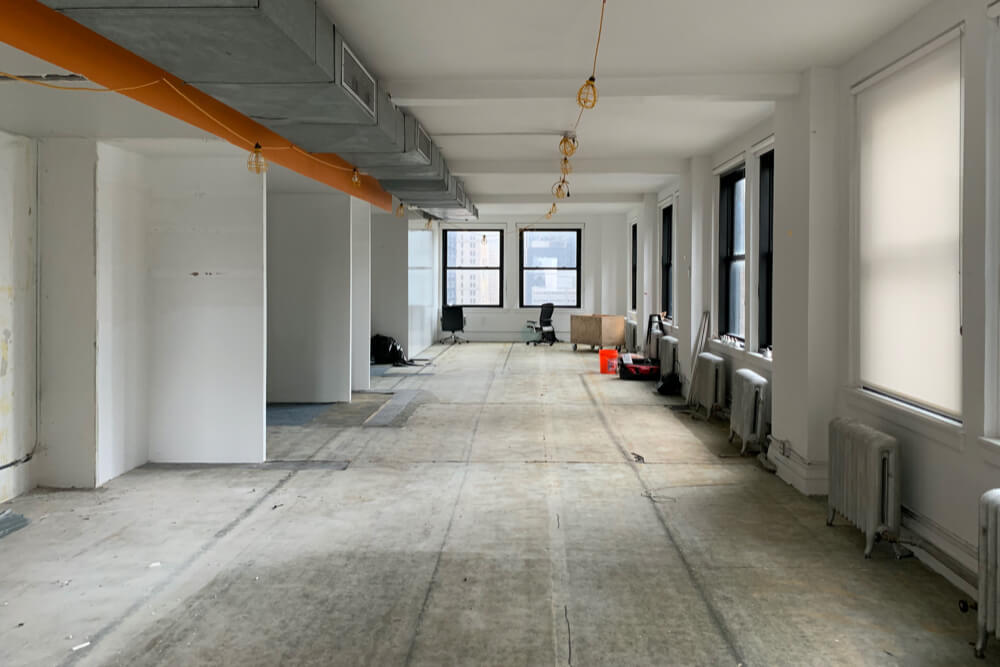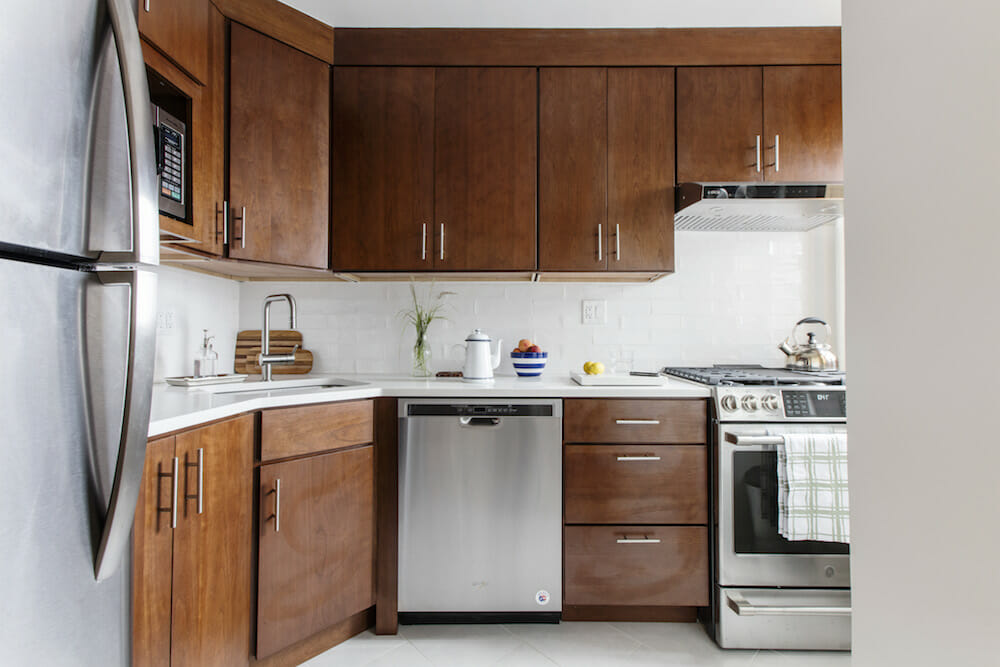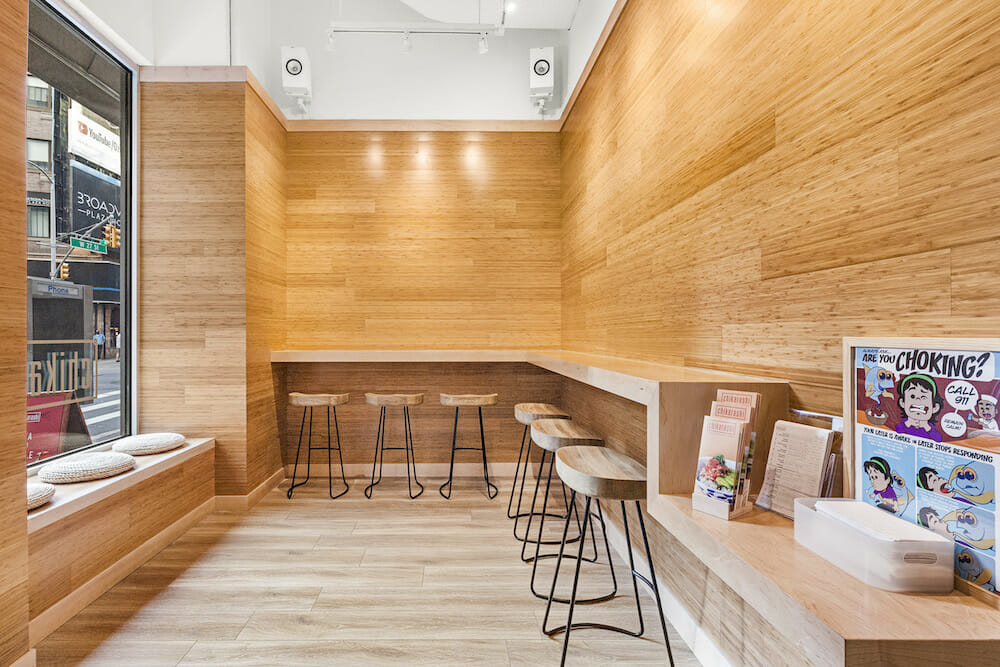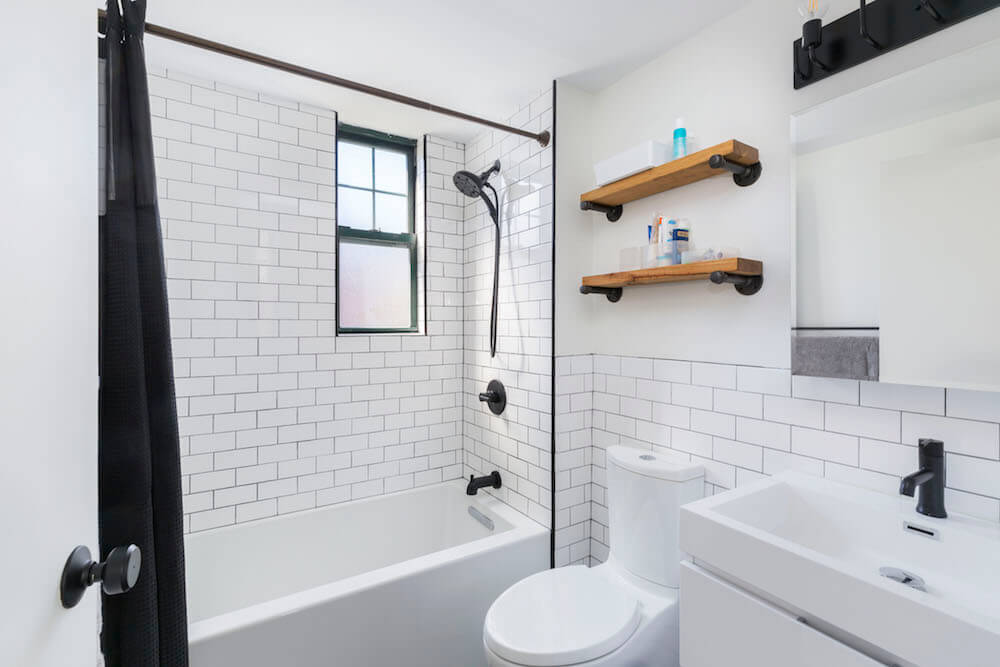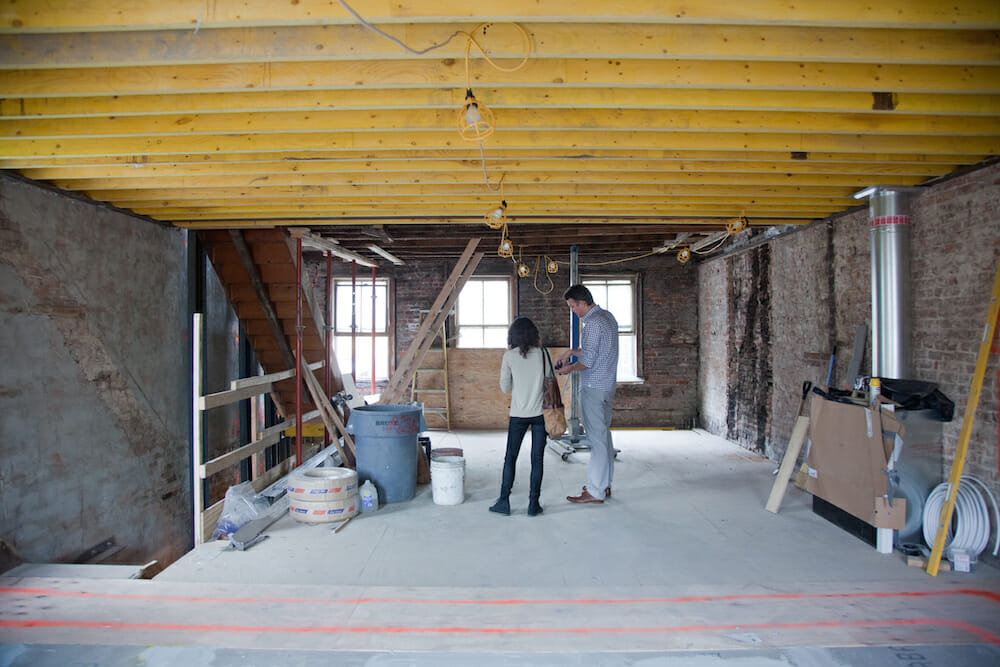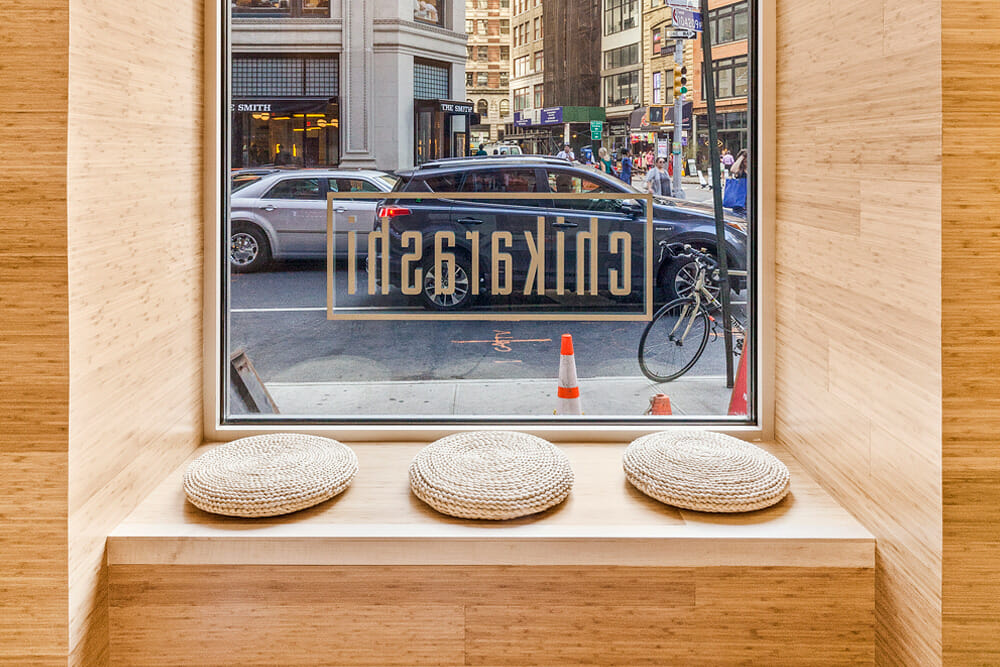How To Navigate A Co-Op Renovation in NYC: Planning & Board Approvals
Make it easier for a co-op board to approve your home renovation with a few key steps
Co-op buildings have unique ownership structures. Co-op owners technically lease the space an apartment occupies. A co-op board, and its representative, the management company, have power over any renovations you’d like to do.
Because the board’s role is to protect the interests of all of the owners, the process is less in your control than you’d think. However, by following a few key practices, you can hire a great remodeling team and put your co-op board at ease for your desired remodel.
Simple renovations may not need co-op board approval
The most basic work done in kitchens and bathrooms is known as “rip and replace” as opposed to more complex projects with major layout changes. Rip and replace work includes updating finishes, replacing porcelain plumbing fixtures, and upgrading appliances in their existing locations.
For this, your building may not demand a permit; saving you money, time, and general red tape.
How your building will evaluate your plan
Your building is likely to use its own architect to evaluate any renovation plans you submit. This process is known as an alteration review. Expect to pay for this service, typically in the $1,000-$2,000 range. The architect may flag aspects of the design which seem only tangentially related to your renovation objectives (e.g., relocating the intercom).
As a result, communications can drag on for months. However, the principal concerns of this review will not be aesthetic. Rather, the building architect is charged with protecting the building from liability, plus advising the board about building code requirements. Overall dimensions of rooms, and door openings, may need to be enlarged as part of gut renovations.
In other cases, wet areas, like bathrooms and kitchens, may be required to stay within the pre-renovation footprint. This requirement is also known as “wet over wet.” These rules act to protect a downstairs neighbor from flooding after a bathroom upstairs is enlarged over, say, a bed.
Renovate expertly with Sweeten
Sweeten brings homeowners an exceptional renovation experience by personally matching trusted general contractors to your project, while offering expert guidance and support—at no cost to you.
Also remember that with new plumbing, the building may also require you to replace branch lines all the way back to the main water lines. This may result in additional demolition and expenses.
Bring in your own architect
For larger jobs, you’ll need your own architect or engineer. Some offer advice on style and design at a premium price. Others will produce a basic set of drawings that can be submitted to the co-op board or management. They may also file renovation plans with the city, in a service known as “architect of record” and “expediter.”
Larger renovations requiring a city permit
A permit for a larger co-op renovation can sometimes be a judgment call. In extreme cases, your board may decide to make you file for one after work has begun. (Be aware: this can possibly result in fines and other city penalties!) The city will also require you to produce a certificate documenting asbestos tests for areas of the apartment that will be demolished.
Asbestos can be found in many places: in plaster or joint compound, in caulking, in linoleum flooring, or even impregnated in the underlayment for wood floors. Should asbestos be present, you will be asked to plan for removal by specialists, or encapsulation.
The latter is usually cheaper, leaving asbestos undisturbed and adding new finishes on top, when space and aesthetic considerations allow this.
Legal considerations & co-op rules
The co-op board or building likely has already published and distributed alteration terms or as “house rules,” which should be reviewed closely. They often cover things like requirements for working hours, deliveries, and protections mandated for common areas during debris removal.
Even in jobs that do not require permits, you will want to provide management with a written scope of work, listing the various upgrades you propose and requesting written permission—at least over email—to proceed.
What is an alternation agreement?
When you submit your plans, the co-op board may ask you to sign an “alteration agreement.” This alteration agreement can include provisions tailored to your particular job. It is not uncommon, especially in blue-chip buildings, for these agreements to encompass punitive regulations.
Provisions like time limits for renovations, and daily penalties imposed when jobs are not completed as requested by the co-op board, are not uncommon. These agreements may also—not surprisingly—seek to shift liability for construction to the apartment owner.
In cases of particularly punitive agreements, however, you may choose to engage a tenant’s lawyer to negotiate more favorable terms with the building’s legal representative. Typically, you will need to acknowledge the agreement in exchange for the co-op board’s or management company’s signature on your building permit application.
Avoiding problems in a co-op renovation
Your proprietary lease may allow inspections, so the building architect or superintendent may ask to have a look around your apartment, should any questions arise about your proposed renovations or even work underway. For this reason, it is worth keeping the apartment clean and tidy, whether you are living there through the renovation, or not.
An environmental testing firm may visit the apartment to monitor lead levels as part of a regular inspection. (This is most likely if your building has a history of lead.) Don’t panic—especially if you have an advance warning. State environmental agencies recommend cleaning with a HEPA vacuum for soft surfaces, or soapy water and paper towels for hard surfaces.
Managing relationships with your co-op board
Staying in the good graces of your co-op board, and particularly becoming friendly with the board president, can short-circuit potential miscommunications and suspicions based on building gossip. The co-op board has the ultimate discretion to direct the building management in matters regarding the schedule and procedures around your renovation.
And if you are hoping any exceptions will be made, neighborliness—to say nothing of cookies or Champagne—may help. Good luck navigating the co-op board to fulfill your renovation dreams!
—
Sweeten handpicks the best general contractors to match each project’s location, budget, scope, and style. Follow the blog for renovation ideas and inspiration and when you’re ready to renovate, start your renovation on Sweeten.
